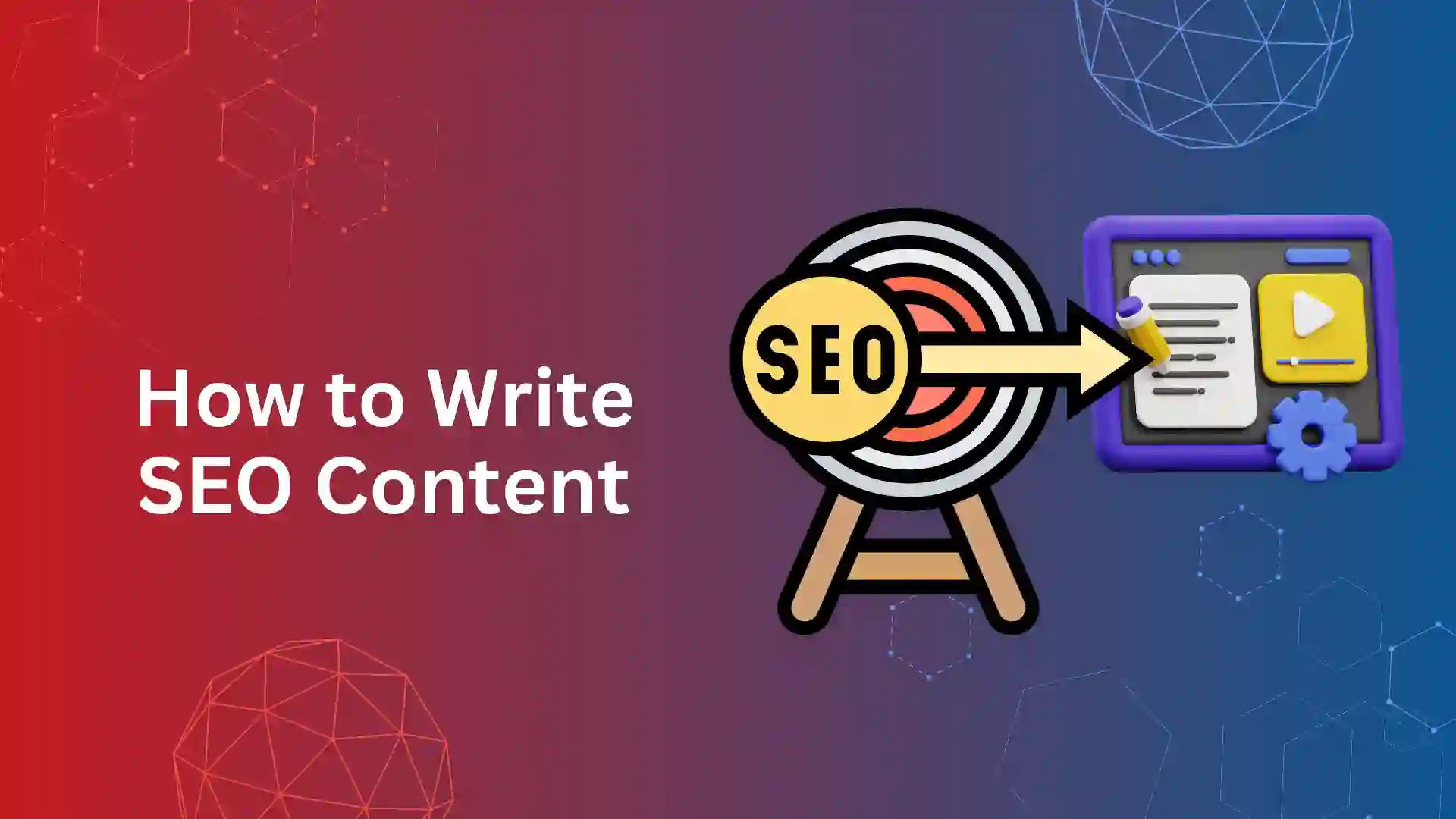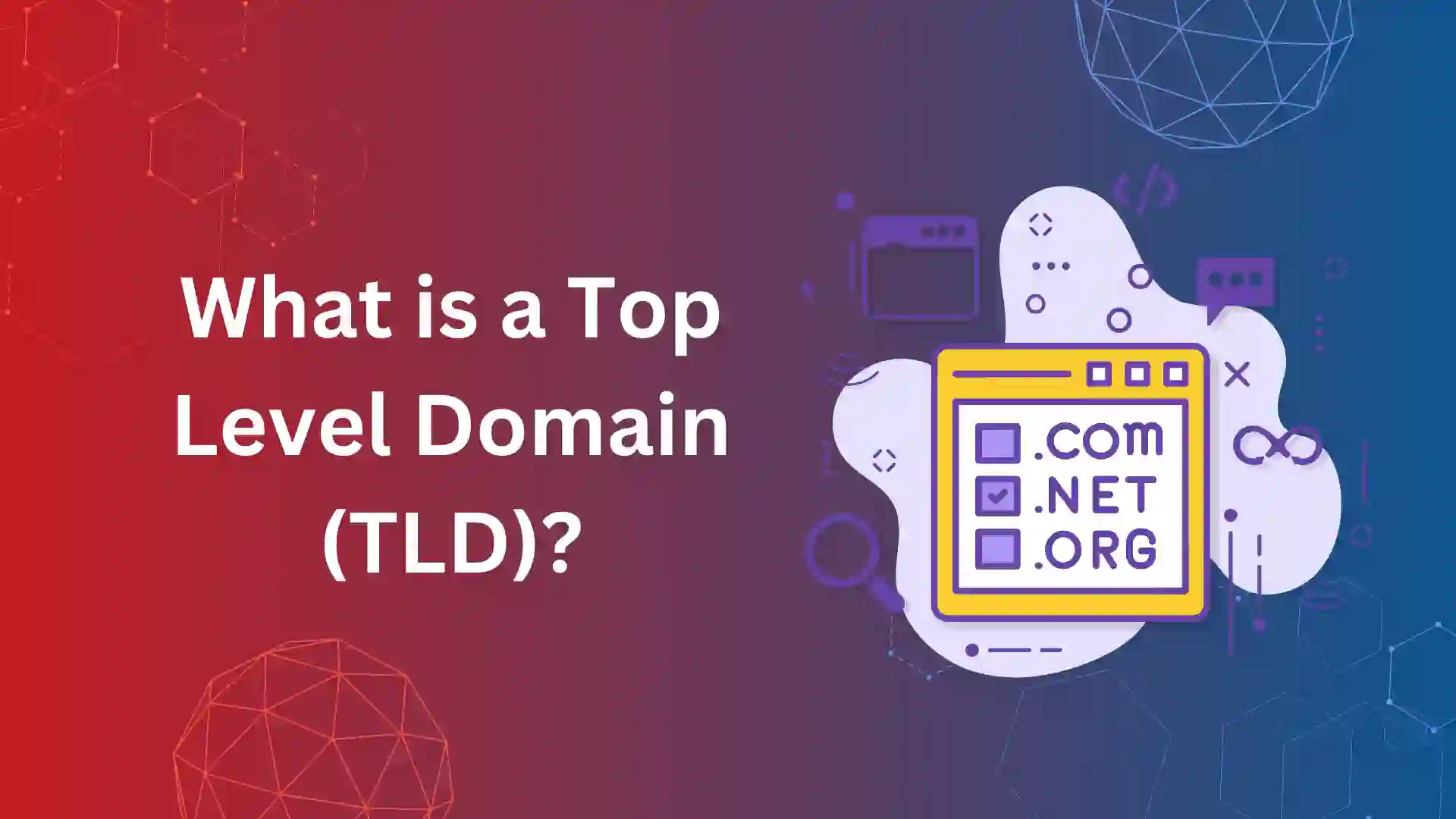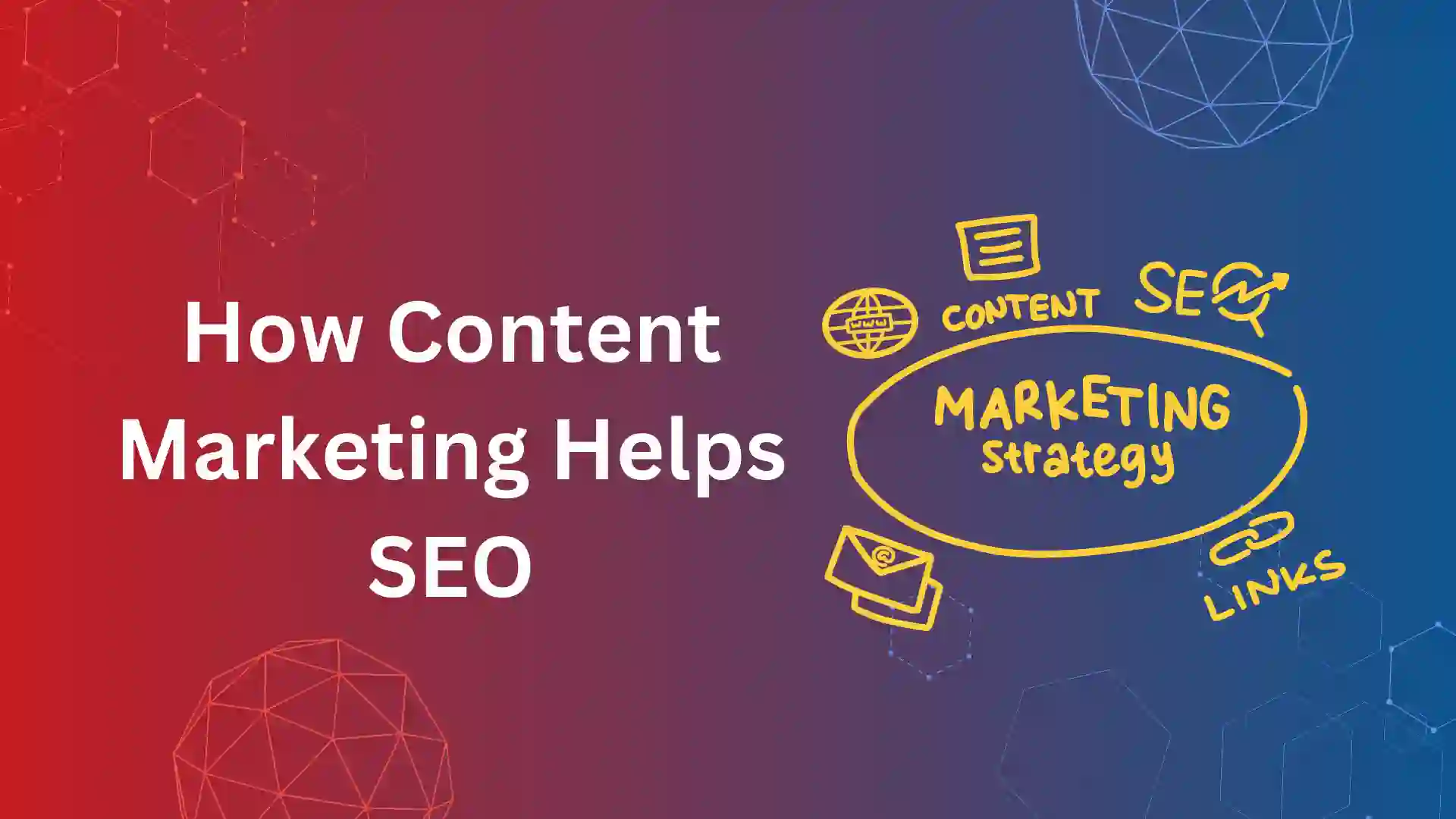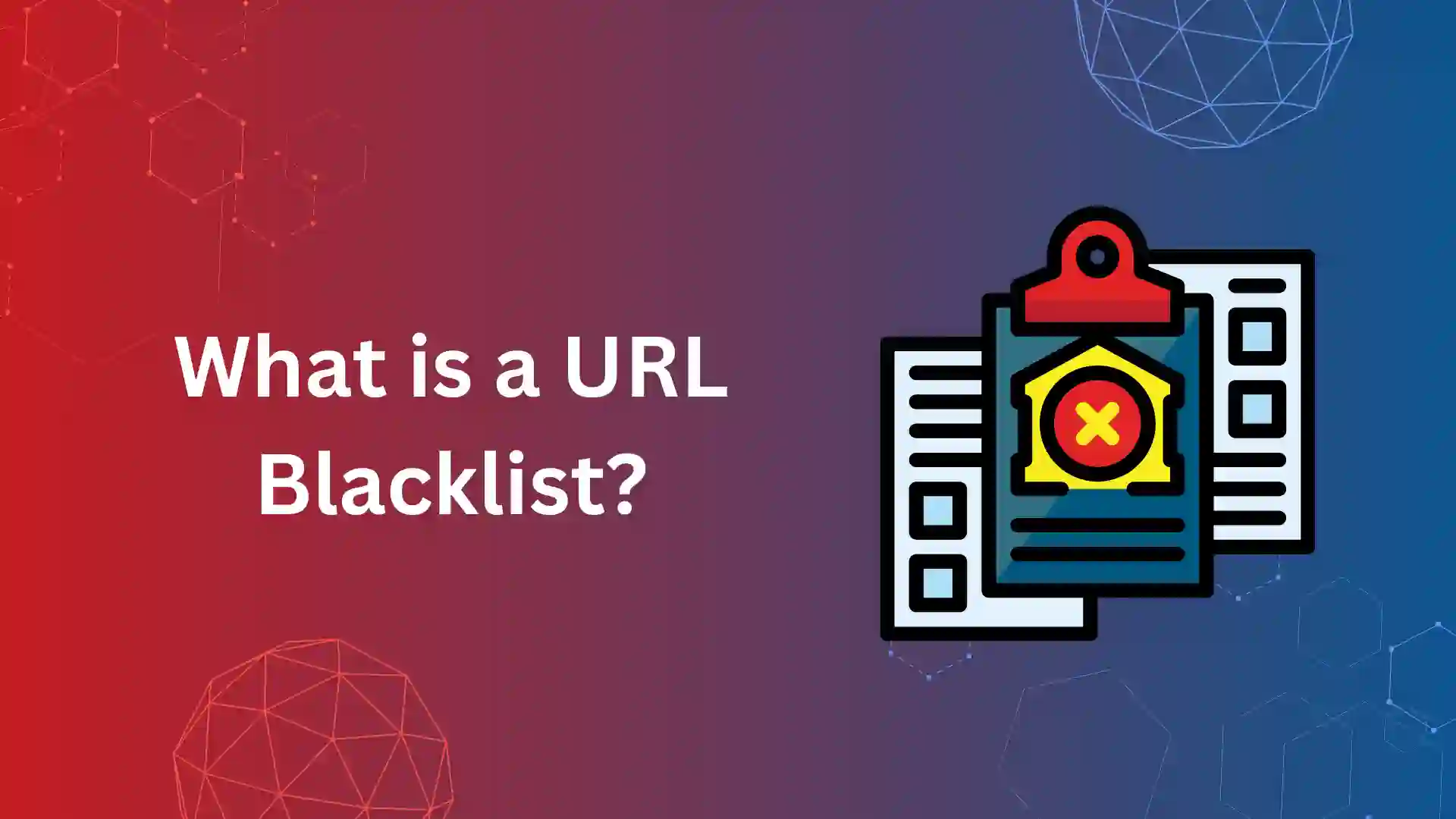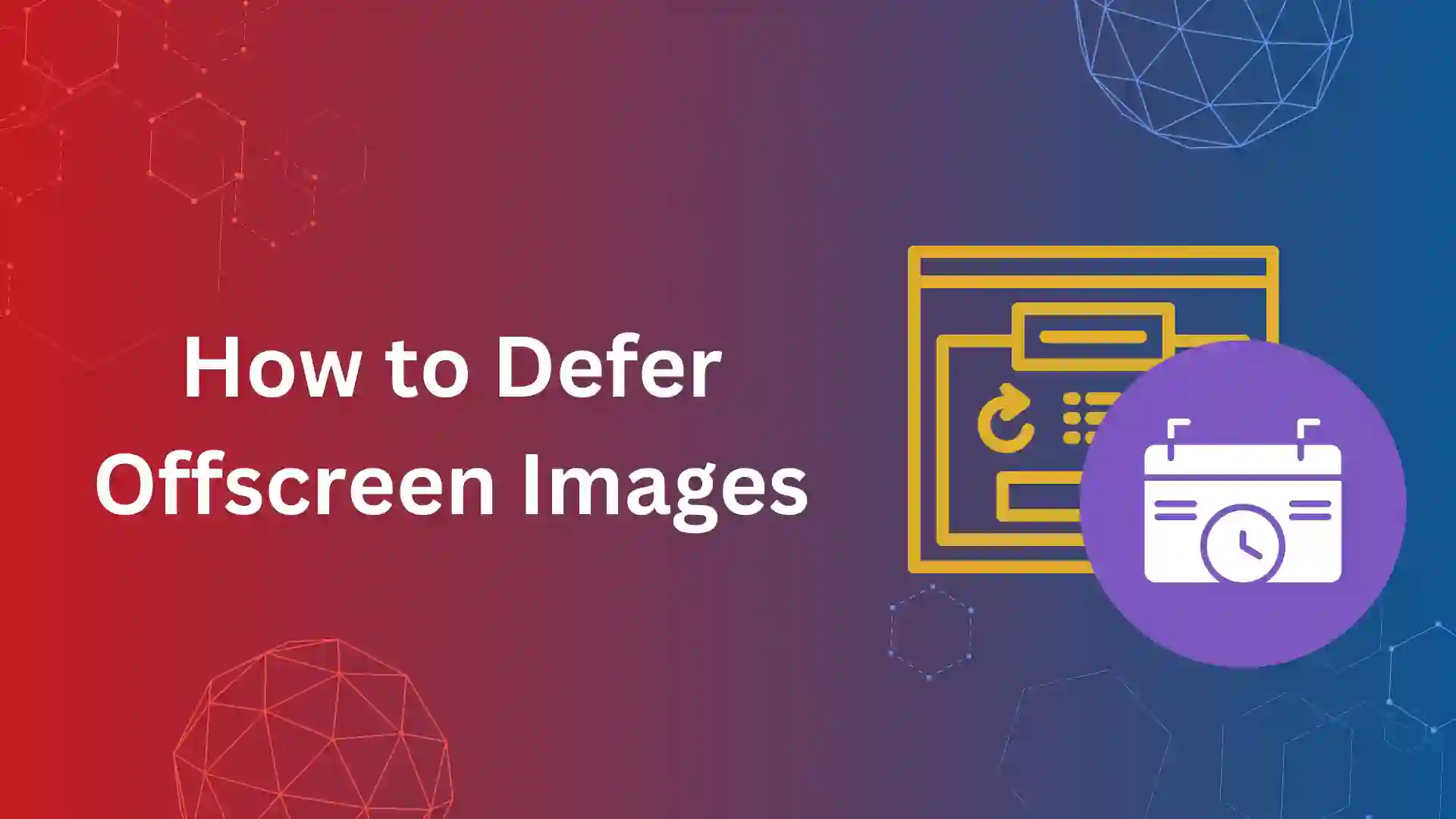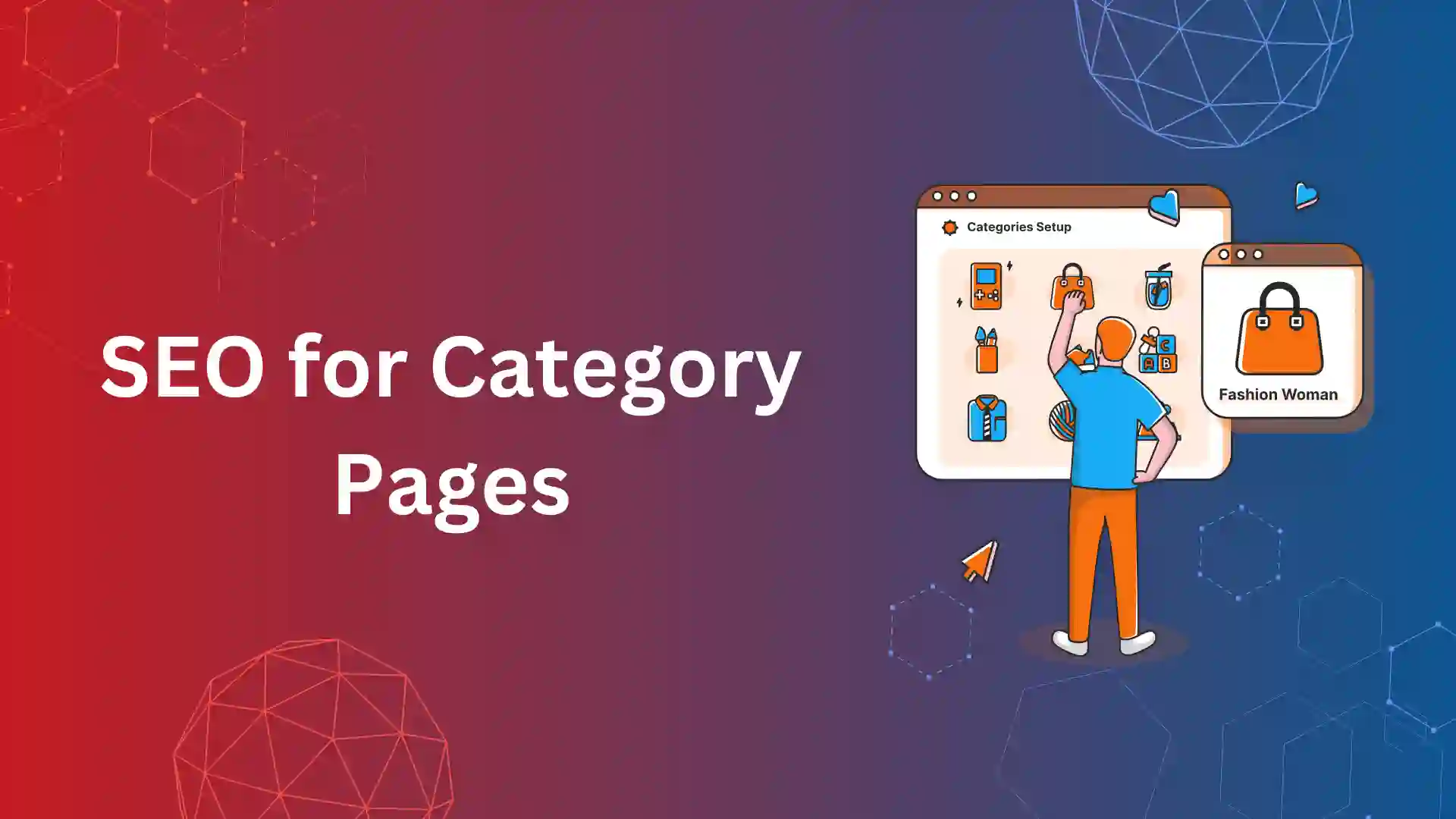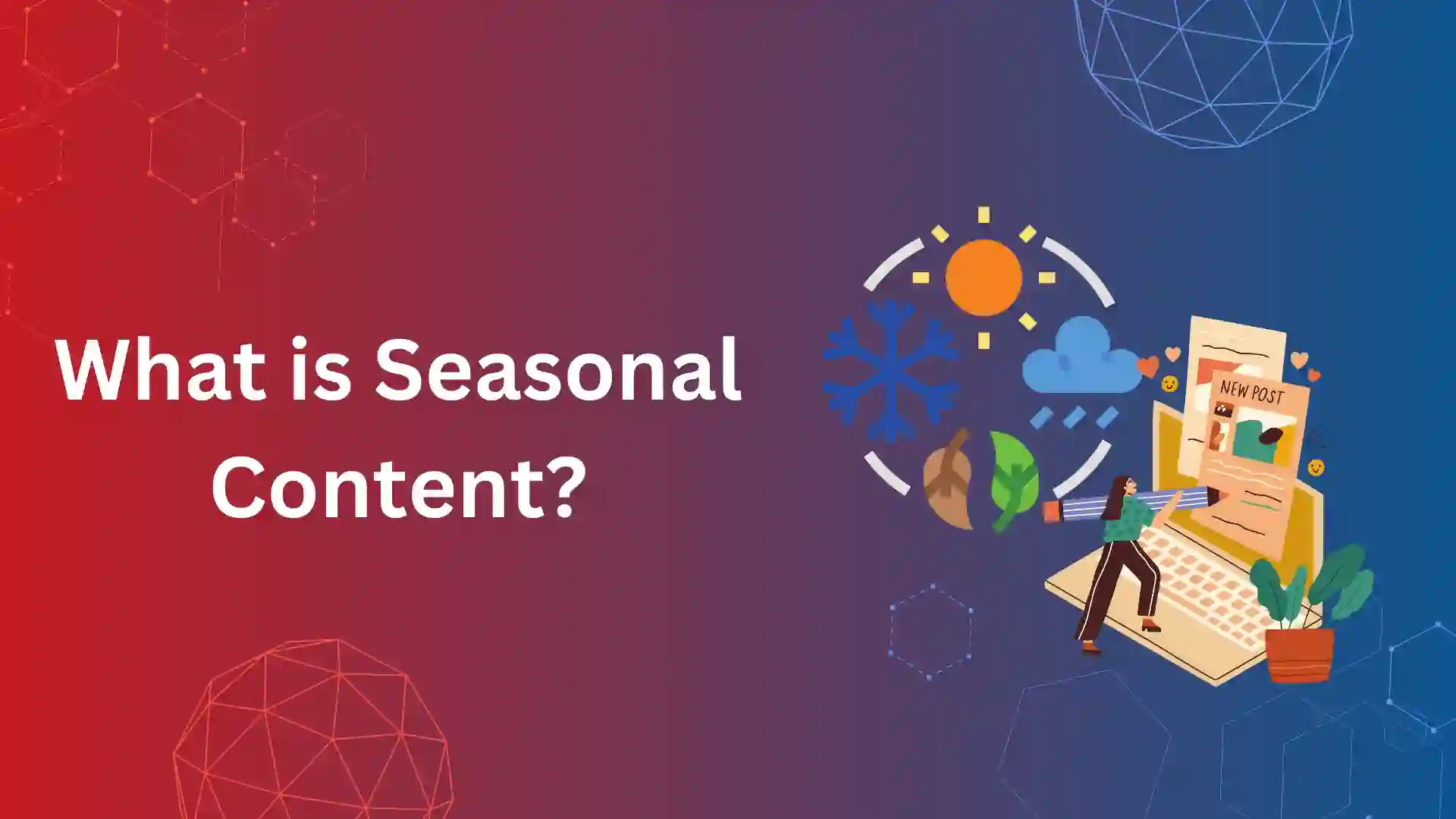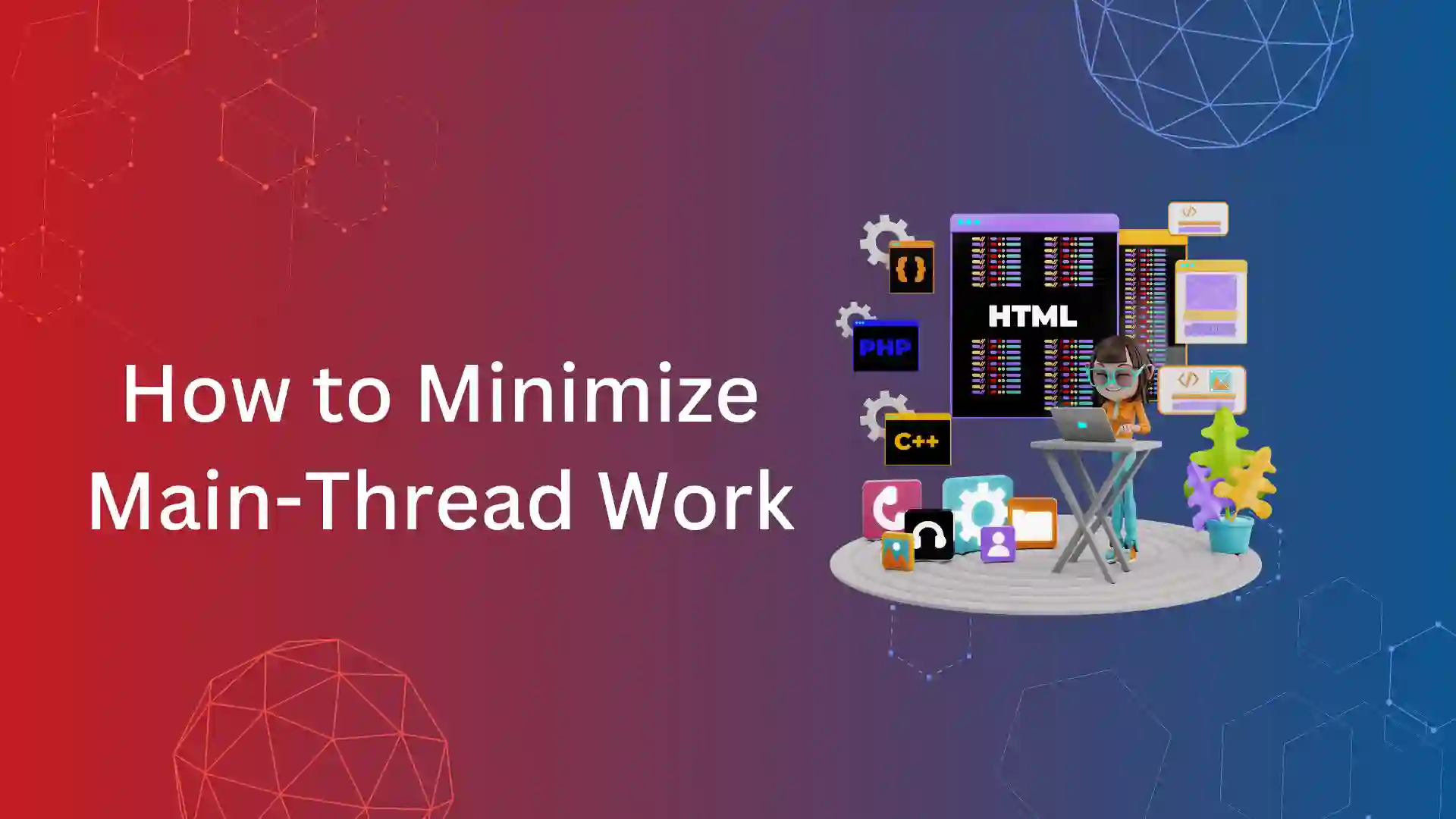The content you write for your website or blog is crucial to ranking high in search engines. Search engines like Google look for helpful content to serve the best for its users.
Today, most brands rely on organic search results as their primary distribution channel. Incorporating a solid SEO strategy into your content can increase visibility, drive traffic, and attract more customers to your pages. This type of content is called SEO content.
Recently, Google came with a Helpful Content update on December 5th, 2022, and rolled out for around 38 days— till January 13th, 2023. To reach your target audience organically, the content and its content should be
So, what is SEO content? how to write helpful content for your users? How does helpful content influence your web page’s ranking in the search engine results page (SERP)?
This article discusses in detail what SEO content is and how to use it to improve your website.
What is SEO Content?
SEO content is any type of content created as per Google webmaster guidelines to attract search engine traffic organically. Its goal is to make the web page rank higher in the search results.
Optimizing your content is crucial because search engines like Google read your website. They rank your web pages based on the quality of the content you provide.
Of course, other factors determine your rank in the search results, like the design of your website, its user interface, and all the technical stuff that needs to be optimized to make your page rank in Google.
But without providing quality content, your web pages cannot rank higher in Google. This is because Google understands your page based on your content. It uses these insights to determine whether your content is relevant to the users.
Google Guidelines to Create Helpful, People-First Content
Google has automated ranking systems that aim to provide helpful, people-first content that answers the users’ questions or needs.
Creators should understand that Google only ranks content that benefits the users and not content that was created to gain a high ranking in the Google search results.
Below are the guidelines provided by Google for creators to evaluate whether they are providing useful content for their readers.
Self-assess your content
Before publishing your content on Google, evaluate them against these questions to understand if you have provided reliable content for your readers.
Content & quality questions
- Does your content provide original information, analysis, research, or reporting?
- Does your content provide substantial, complete, and comprehensive answers to the reader’s questions?
- Does your content provide insightful and interesting information to the readers?
- If your content draws information from other sources, does it avoid just copying or rewriting that information and instead provides vital additional information to the readers?
- Do your headers give the readers a summary of what the content is about?
- Is your main heading or page title overly exaggerated or shocking in nature?
- If you are a reader, will you bookmark this page or share it with your friend?
- Does your content provide more value than its competitors on the same results page?
Expertise questions
- Does your content provide information in a way that makes it trustworthy, i.e., does it mention clear citations, evidence of any facts claimed, the author’s or the site’s background, etc.?
- Would someone who looked into your website have an impression that you are well-trusted and widely recognized as an authority in the niche?
- Is your content written by someone who is an expert on the topic?
- Do any easily verifiable factual errors exist in your content?
Presentation & production questions
- Does your content have any grammatical or spelling errors?
- Is your content well-written, or is it sloppy and poorly produced?
- Is your content distributed throughout a broad network of websites or mass-produced by or outsourced to a large number of creators, resulting in a lack of care or attention for specific pages or websites?
- Does your content have excessive ads that disrupt the flow of the main content and disturb the readers?
- Is the content accessible on mobile devices, and does it sync properly?
Focus on people-first content
People-first content means creating content with the people’s (user’s) needs in mind. Your main focus should be to satisfy your users and solve their issues rather than ranking high in search results.
Compare your content against these questions to evaluate whether you have created people-first content.
- Do you have an existing or potential customer base that would come to your site to find any useful information?
- Does your content demonstrate first-hand knowledge of the product? (the kind of knowledge that comes from actually using the product or service.)
- Does your site have any primary focus or purpose?
- Will anyone feel they have learned enough about a product or achieved their goal after reading your content?
- Will the reader have a satisfying experience after reading your content?
Avoid creating search engine-first content
Google only ranks content that has the users as the primary focus and not those that are created to rank higher in the search results.
Read the below questions carefully. If the answers to these questions are yes, then it is time to re-evaluate how you create your content.
- Did you create content to primarily attract more visits and drive traffic from search engines?
- Are you producing lots of content on different topics so that some of it would do well in the search results?
- Are you using extensive automation to create content on a variety of topics?
- Do you summarize already published content from competitors and don’t add any new value to your content?
- Do you write about topics only because they are trending and not because you would write them to provide information to your audience?
- Do your readers feel that your content is unclear and feel that they need to search other sources to understand better?
- Are you targeting a particular word count because you’ve heard that Google has a preferred word count?
- Did you select a niche to write about not because you have the expertise but because you thought you would get search traffic?
- Does your content provide false information or promises when there is no definite answer? For example, suggesting there is a release date for a product or a movie when actually the dates are not confirmed.
How do you write E-E-A-T content?
Recently, Google has updated EAT guidelines to EEAT. Google considers many different factors to determine which content to rank higher.
It first identifies relevant content for the search topic and then prioritizes the ones that seem most helpful to the users.
To do this, Google uses several factors to identify content that has aspects of experience, expertise, authoritativeness, and trustworthiness (E-E-A-T).
Among these aspects, trust is the most important because all the other aspects lead to trust in the creator.
Google Quality Rater Guidelines for SEO Content
A search quality rater reviews whether Google algorithms are providing good results and ensures all the changes are working well. The raters use certain criteria to understand whether the content has a strong E-E-A-T.
Google has outlined these criteria in its search quality rater guidelines. Read it carefully and understand how strong your content is from the E-E-A-T perspective.
Ask “Who, How, and Why” about your content
While evaluating your content, remember these three questions.
- Who created the content?
- How was the content created?
- Why was the content created?
Who created the content?
Sometimes, readers can automatically understand the E-E-A-T of content based on “who” created the content. Here are some questions you should ask regarding “who” created your content.
- Can your readers automatically know who created your content?
- Do your pages have a byline showing the author’s name?
- Do the bylines provide further information about the author/authors, such as their background and the areas they write about?
If you clearly show your readers who wrote your content, you are strongly aligned with E-E-A-T since it can increase the authority and trustworthiness of your content.
How was the content created?
Understanding “how” a content was created can build readers’ trust in your website. For example, suppose you produce automated, AI-generated, or AI-assisted content.
In that case, you can share details of the process and help readers understand any unique or helpful role automation has served.
If you use automation or AI-generated tool to create content, ask yourself these questions.
- Is it self-evident to readers that you have used automation to create content?
- Did you provide background information on how automation helped create your content?
- Did you explain why automation was useful for creating content?
Automation or AI disclosures are useful in areas where the readers might think, “How was this created?” Consider adding these details when they are reasonably expected.
Consider creating a content calendar to create and publish content efficiently without missing the flow.
Why was the content created?
“Why is your content created?” This is the most important question that tells about your intent for creating the content.
The “why” should be that you are creating content to help people by answering their questions or solving their problems.
If this is your intent, then it means that you are aligning with E-E-A-T and have a higher chance of being ranked in the search results.
On the other hand, if the “why” for creating the content is to attract search engine traffic, that is not aligned with E-E-A-T and has a lower chance of being ranked.
If you use automation or AI-generated tools to manipulate search rankings, it violates Google’s spam policies. Learn more about Google’s spam policies to avoid making these mistakes.
What Are the Types of SEO Content?
You can use SEO guidelines to optimize your content in many areas. Below are some of the areas where SEO can be included.
Blog posts
Blog posts are a great way to build authority for your website. You can get a regular flow of effective SEO content that is more engaging and likely to bring users to your websites.
Blogs are flexible; you can create any type of long-form content and publish them as a blog post.
Product pages
A product page gives users information on what your product does and how it can make their life easier.
The content you provide on product pages determines whether your users will buy your products.
Articles
Articles can include news articles, interviews, or other feature pieces that you often find on magazine or newspaper websites.
How-to guides
Guides are usually longer content that provides detailed information on how to do something. They can be given on the same page or broken down into multiple pages.
Listicles
Listicles are also articles that are in the form of lists. For example, “Top 10 foods for weight loss” or “Top 10 growth marketing agencies.”
These types of content are preferred by people who look for the best products or services and are more clickable in search results.
How Do You Write SEO Content?
Not just any content can become SEO content. It needs to be of high quality and be useful to the readers.
Google takes user experience as an important factor in determining which content should rank in the search results.
Here are some of the fundamentals you should know to write SEO content.
Keywords
Keywords are terms that users use to search for something on Google. They can help search engines understand what you have written about.
Using keywords with a higher search volume can increase the chances of people reading your content. For this, you should develop a strong keyword research strategy.
Length of your content
Longer pieces of content (more than 1000 words) have a higher chance of ranking on search results.
But keep your paragraphs short and don’t have more than 3 to 4 sentences in a paragraph.
Tone and voice
Using a consistent tone and voice in your content can make your readers understand your personality and the perspective you write from. This can increase the readability of your content.
Formatting
The way you structure your content is also important in SEO. The format you use should make it easier for users to navigate your content.
You can improve your format by using headlines, bullet points, or images in your content.
Linking
Using internal links of other pages of your website or backlinks from other websites can also improve your SEO. They can help improve the credibility of your content.
How Do You Develop an SEO Content Strategy?
Combining SEO with your content strategy is the best way to rank higher in search results and increase organic traffic.
Here are the steps you can follow to develop an effective SEO strategy.
Find your target audience
Knowing who you are writing for is the first step in developing an SEO strategy.
Only when you understand their needs, interests, behavioral traits, and pain points can you provide relevant content for them.
Creating buyer personas and user personas can help with this step.
Conduct keyword research
After finding your audience, conduct keyword research to understand what terms they use to search for products or services relevant to your niche.
Find keywords with higher search volume and optimize your content accordingly.
Use various types of content
As we have seen earlier, there are several types of SEO content. Analyze and determine which type of content is trending and has the most conversion rate, and use it in your SEO strategy.
Some popular types of SEO content are
- blog posts,
- infographics,
- videos,
- guides, and
- articles.
Optimize your content
Optimize your content thoroughly, including headers, meta-descriptions, keywords, etc. Optimize them when necessary.
Be consistent
Schedule your content and publish it regularly. Be consistent in your efforts. You can make the job easier by creating a content calendar for your website.
Develop a link-building strategy
Including links in your website can increase credibility and build authority for your website. Create strong internal and external links, and find ways to include backlinks from other reputable websites.
Update your content regularly
As your website begins to progress, ensure that your content stays updated and that you satisfy your users’ needs. Remember, user experience is very important for your web page to grow.
Track and measure results
Track the performance of your SEO content to understand what works and what doesn’t. Create KPIs for your website to track and make changes to your content.
Look for changes in Search Engine Algorithms and SEO best practices
Google often comes up with new updates and changes for SEO. Always be on the lookout for changes and optimize your content for better reach.
Factors That Determine the Success of Your SEO Content
Whether you are creating blog posts, product pages, listicles, or videos, some factors determine the success and failure of your SEO content strategy.
Quality
The quality of your content is the main factor that determines whether you rank higher in the search results.
Search engines aim to provide users with high-quality content to make it easier to find what they came for.
Before publishing your content, ask yourself this question: “If I were the search engine, would I rank this content higher?”
If your answer is yes, it means your efforts were a success. If your answer is no, you should probably make corrections before publishing your content.
Your content is the foundation for all your SEO efforts. So, don’t skimp on them and create a clear and effective content strategy for your SEO success.
Research
As we have seen before, researching the keywords is an important step in creating a successful SEO content strategy.
Knowing what the users search for can help you develop relevant content that solves the users’ problems.
Understanding what your users search for can help you relate with them and give you insights into their needs and pain points.
You can learn which keywords have the highest search volume, how many competitors you have for them, and what format the users prefer the content to be in.
Keywords
Once you have found your keywords, include them in your content so that users can easily find you in the search results.
You can add these keywords in the headlines, subheadings, body of the content, etc., but make sure that you don’t compromise on the readability and quality of the content in order to insert the keywords.
The trick to adding these keywords without compromising is to use them naturally. Make them part of the sentence or paragraph you are writing.
Understand that search engines are getting better at reading natural language. So don’t think “keyword density” will help you rank higher in the search results.
Freshness of the content
If you are a user looking for information on a subject, would you prefer to see old and outdated information or new and up-to-date information on your search results?
If you can understand this point, you will realize the importance of updating your content regularly.
This does not mean you have to update even minor updates to your website. You can update it when your content is aging or about to be expired.
Answering the user’s query
You can add more value to your content by directly answering the audience’s questions.
Search engines rank pages that directly answer what the users ask. Sometimes, if your answers are good enough, your content can be placed as a featured snippet on the results page.
While creating content, remember that you are writing to meet your audiences’ needs. Don’t go around the bush and give indirect answers to the users just because you want to increase the word count.
Depth of the content
While giving your audience direct answers, make sure you give them in a complete and comprehensive manner.
Here is some information you can add to your web pages to rank high on the search results page.
- Provide insightful and interesting information that goes beyond what your competitors have provided.
- Make sure you provide only original information. Do thorough research and be factual.
- Add more value to your users than your competitor pages in the search results.
Key Takeaways
- SEO content is all about helping you rank higher on the results page.
- It aims to provide authentic, valuable, and quality content to the users.
- Remember that your content is one of the most important factors for Google to rank you in the search results.
- So, unless you optimize your web pages according to SEO content standards, you can’t rank higher in Google.
Frequently Asked Questions
SEO content is important for your business growth because it increases your website’s visibility making it rank higher in the search results.
This means you get more organic traffic and chances to turn your prospective customers into real customers.
SEO can be used in several types of content on your web pages. Below are some of the types of SEO content.
- Blog posts
- Product pages
- Articles
- How-to guides
- Videos
- Listicles
Optimizing your web content according to SEO standards can improve visibility and drive traffic to your pages.
Here is what you need to do to SEO your web pages.
- Conduct keyword research – If you want to generate maximum traffic, you should first know what your users are searching for.
- Keyword optimization – Understand when and where to use your keywords in your content.
- Content organization – Organize your content on your web pages logically. It should make it easier for users to navigate through your pages.
- Content promotion – Share your content on social media an build links for your website.
Content best for SEO are blog posts, listicles, how-to-guides, trending news article and industry-specific posts.

